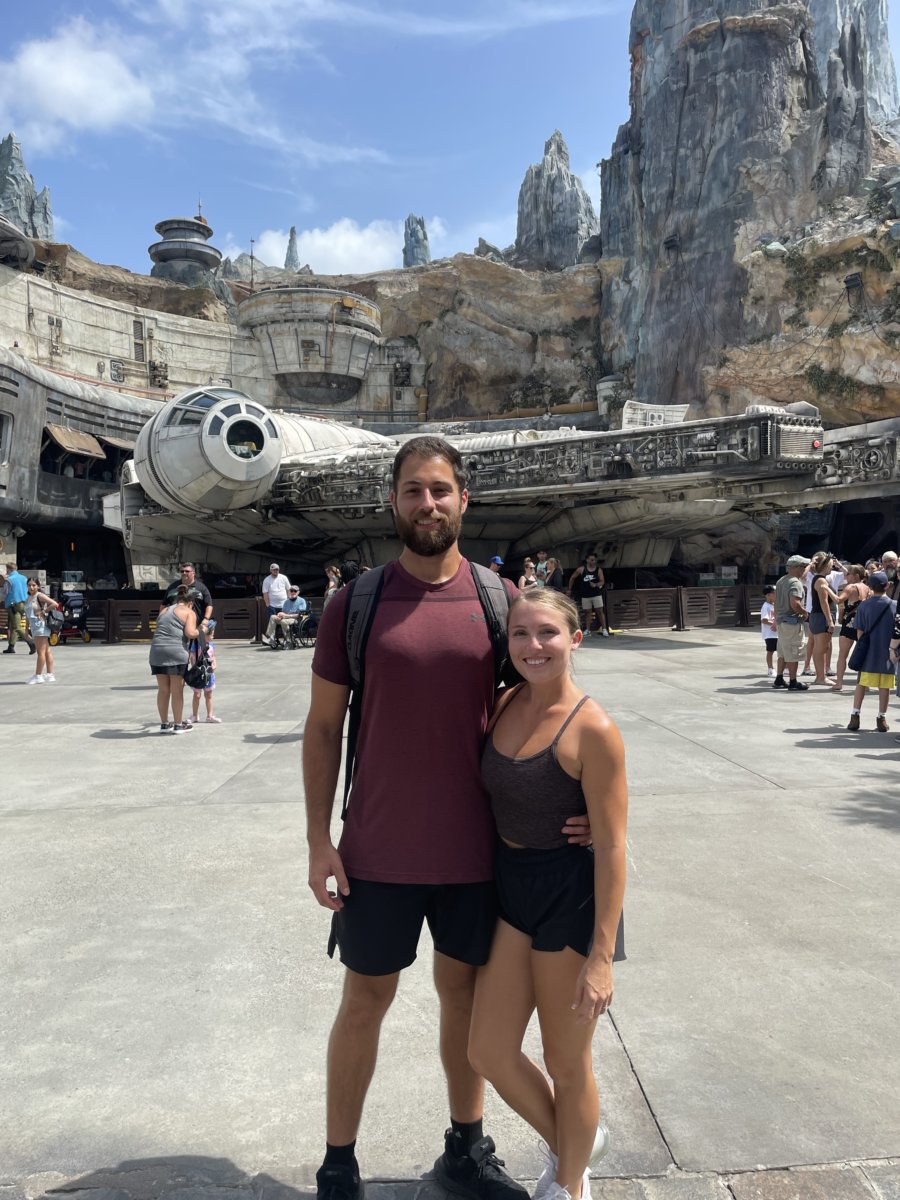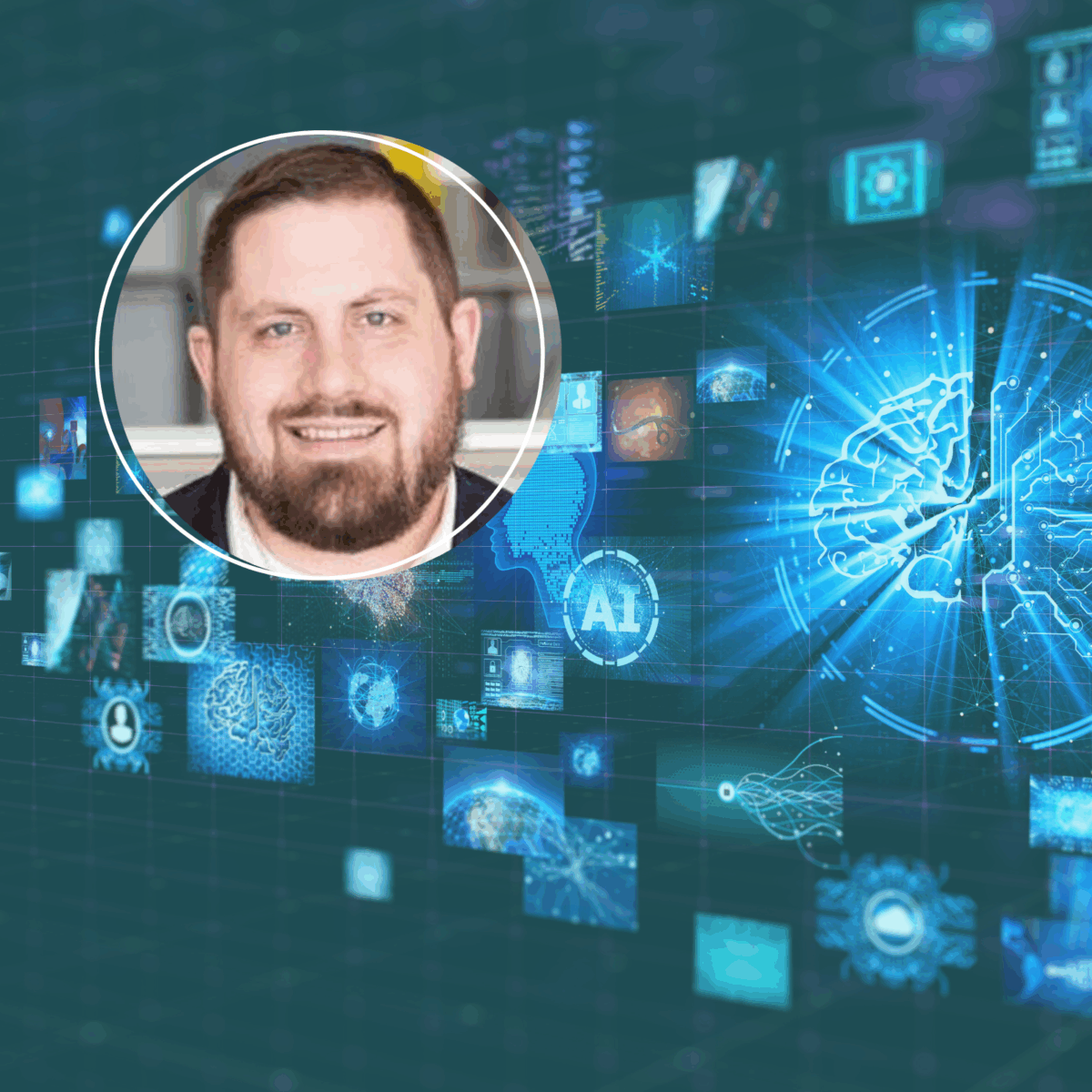Editor’s Note
What is your role and how long have you worked at Terakeet?
I’m a Senior SEO Insights Analyst and I’ve been with Terakeet for one year and three months!

What advice would you give someone who is new to Terakeet?
My advice would be to learn as much as possible, constantly experiment to improve your process, learn from mistakes (but don’t dwell on them), and most importantly, find a great mentor. There are definitely a ton of great ones to be found here!
What is a quote that helped you get through a tough time?
I can’t remember the exact quote but my father constantly impressed upon me the concept of grit: an ability to power through obstacles and setbacks with a steadfast determination of mind and spirit. This concept got me through studying 12 hours a day for 100 straight days in preparation for the Medical College Admissions Test (MCAT).
With a lot of grit (and some luck too) I was able to score in the top 4% of testers. While the results of the MCAT aren’t too useful nowadays, I still do my best to embody this value in the face of new projects and challenges.
What made you switch career paths from medicine to marketing?
After completing a [pre-medical post-baccalaureate] program, I took the MCAT and scored really well, and so applied to as many medical schools as I could. While waiting to hear back from the schools, I found myself with a lot more free time than I was used to and decided to spend that time creating a website to sell a formalized version of my own unique study plan that had helped me score so well.
I fell in love with the entire process: performing market research to understand what students were looking for in an MCAT study plan, analyzing customer and competitor data to help inform the creation of my own product, learning the basics of web/visual design to create a more professional platform and product, utilizing all the data to set my product apart within the niche, and most importantly, learning about the different techniques and strategies required to gain visibility online and reach my customers. After making my first sale, I knew I was hooked, and began transitioning to a career within an industry that allowed me to pursue these activities further and learn as much as I could about the associated concepts.
On another note, I also think a really telling moment was when I toured the University of Pittsburgh medical school campus during an interview and almost fainted when shown the cadaver lab.
How do you unwind after a long workday?
I like to unwind by biking, hiking with our dogs, snowboarding, playing in rec sports leagues, anything active really!
If you could invite any famous businessperson or workplace guru to dinner, who would it be and why?
I would have to pick Atul Gawande. I had read a few of his books while preparing for medical school interviews a few years ago, and while not strictly a famous business person or workplace guru, his books were still transformative and altered the course of my career. He fuses the lessons he’s learned as a surgeon with essential workplace concepts; for example, the importance of slowing down, asking questions, and approaching problems while cognizant of the balancing act between procedural methodicalness and creative adaptability.
If you could only use 5 workplace tools or platforms, what would they be and why?
Feedly – I like to start my day by catching up on industry news and relevant content; this tool allows me to pick my sources and curate my feed so I can focus on the good stuff.
Slack – Helps me stay connected to my team despite the physical distance between us.
Excel – Unbelievably important in analyzing data and crafting a story.
Excel 365 Bible – This massive tome of excel knowledge sits on my desk within arms reach.
Spotify – Crucial in helping me enter a flow state and power through larger projects.

What’s the best piece of advice you’ve received from a coworker?
I don’t recall what was said word for word but my manager imprinted upon me the importance of treating data analysis as both a science AND an art. It’s easy to get bogged down in the methodical details and granularity of the task at hand while losing sight of the bigger picture, and this advice has helped tremendously in strengthening my ability to find and visualize the story from within the data.
This is a continuation of our “Workplace Wisdom” series. Read the previous posts here:
Workplace Wisdom: Sam Streitman
Workplace Wisdom: Ashish (AJ) Jacob





